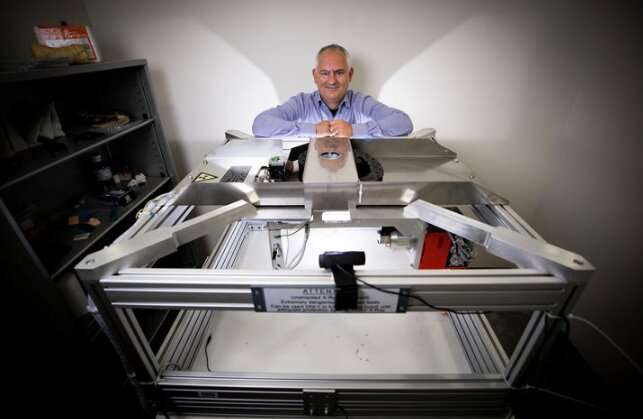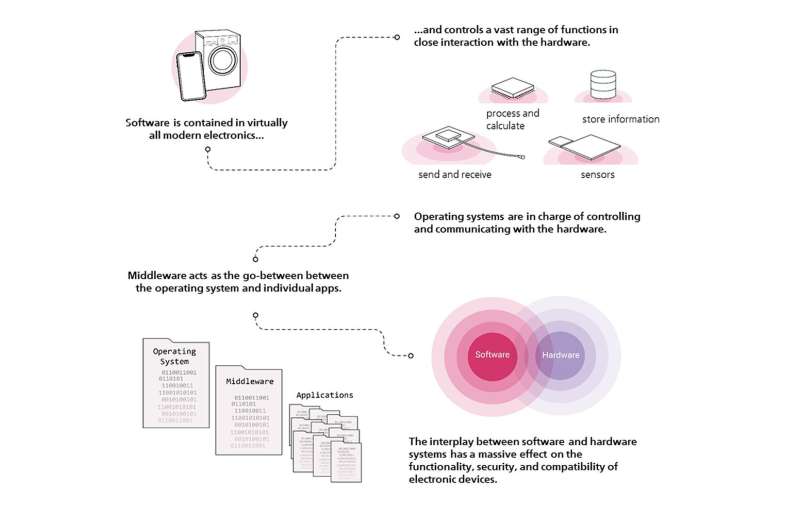In today’s digital age, software engineering has become a crucial part of the technology industry. Software engineer are responsible for designing, developing, and maintaining software programs that power the devices and applications we use every day. Their work goes beyond just writing code, as they also collaborate with other professionals to ensure that the software meets the needs of users and businesses alike. In this article, we will delve deeper into the role of a software engineer, exploring the skills required, the tasks they perform, and why their work matters in today’s world.
Software engineers are the backbone of the technological world, responsible for designing, developing, and maintaining software applications and systems that power our daily lives. Their role is critical to the functioning of businesses, organizations, and even governments. In this article, we will break down the role of a software engineer, what they do, and why it matters.
What is a Software Engineer
A software engineer is a professional who designs, develops, and maintains software systems. Their main goal is to create software that meets the needs of the end-users while ensuring it is reliable, efficient, and scalable. They are responsible for the entire software development process, from requirements gathering to deployment and maintenance.
Software engineers can work in a variety of industries, such as technology, healthcare, finance, and entertainment. They can also specialize in different areas such as web development, mobile app development, game development, and artificial intelligence.
What Do Software Engineers Do
Requirements Gathering
Software engineers work with stakeholders to understand the requirements of the software they need to develop. They gather information about the features, functionalities, and performance expectations of the software.
Design
Once the requirements are understood, software engineers design the software architecture, which includes the structure, components, and interactions of the software system.
Development
After designing the software architecture, software engineers start writing code using programming languages such as Java, Python, or C++. They also use various software development tools and frameworks to speed up the development process.
Testing
After writing the code, software engineers test the software to ensure it meets the requirements and is free of bugs and errors. They use various testing techniques such as unit testing, integration testing, and system testing.
Deployment
Once the software is tested and approved, software engineers deploy it to production environments. They also provide support and maintenance to ensure the software continues to function correctly.
Why Does It Matter
Innovation
Software engineers are responsible for developing new software applications and systems that drive innovation and progress in various industries.
Efficiency
Software engineers create software that automates tasks, streamlines processes, and saves time and money for businesses.
Security
Software engineers ensure that software is secure and protected against cyber threats, which is critical in today’s digital world.
User Experience
Software engineers develop software that provides a positive user experience, which is essential for customer satisfaction and retention.
The role of a software engineer is critical to the functioning of businesses, organizations, and even governments. They are responsible for designing, developing, and maintaining software applications and systems that drive innovation, efficiency, security, and user experience. If you are interested in pursuing a career in software engineering, there are many opportunities available in various industries.





